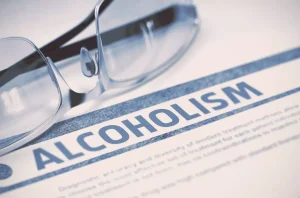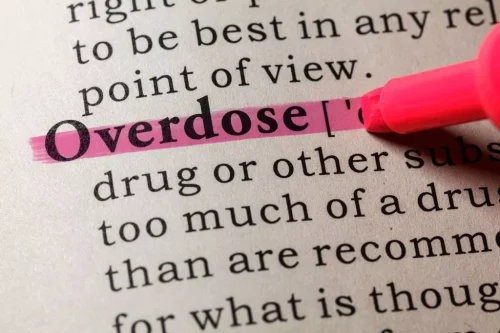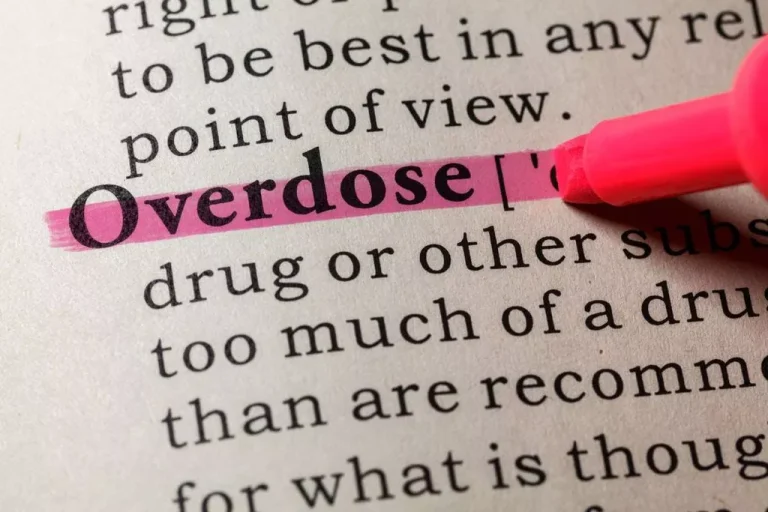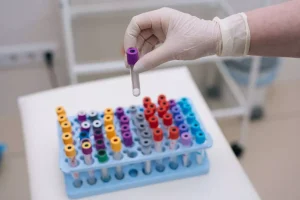
Acute withdrawal symptoms include tremors, sweating, nausea, and vomiting. These symptoms could be mild or intense, depending on the severity of your addiction to alcohol. If you have been a heavy drinker for a long time, detoxing in a rehab facility is recommended to ensure a medical staff is available in case of complications. Alcohol withdrawal is easy to diagnose if you have typical symptoms that occur after you stop heavy, habitual drinking. If you have a past experience of withdrawal symptoms, you are likely to have them return if you start and stop heavy drinking again.
Enhancing Healthcare Team Outcomes

Your doctor will want to evaluate you for alcohol-related damage to your liver, heart, the nerves in your feet, blood cell counts, and gastrointestinal tract. Your doctor will assess your nutritional status and check for vitamin deficiencies. See your doctor right away if you or your loved one has seizures, hallucinations, or signs of DTs. These treatable but life-threatening symptoms often need medical care. Do you want to meet in person, by video, or via online forums? Find out if they focus on other issues important to you, such as gender, mental health, or something else.
Alcohol Withdrawal Timeline
If you’ve completed detox, you may prefer an outpatient program. You’ll visit your doctor or a center during the day, returning home each night. Many times these plans combine therapy, medication, and follow-up visits. If your symptoms get serious, treatment can support your recovery. Stay away from people who may encourage drinking or don’t support your decision. This may include “drinking buddies.” It’ll be easier on your recovery to skip out on alcohol-focused activities.

Can I prevent alcohol withdrawal?
CIWA -Ar (the Clinical Institute Withdrawal Assessment for Alcohol) scale is often used to measure the severity of withdrawal. This scale evaluates symptoms like sweating, agitation, and hallucination. Call Allure Detox now to speak with our caring professionals and begin your personalized treatment plan. In the next three to six months, your body and mind will continue to heal. Connecting with people who best understand what you’re going through can ease your recovery and help you stick to your resolution.
When To Seek Help for Alcohol Addiction

Delirium tremens is a medical emergency that can result in death. If you or someone you know shows Halfway house signs of delirium tremens, go to the emergency room immediately. When that person cuts out alcohol, there is a period when their brain hasn’t yet received the message and still overproduces the stimulating chemicals. With alcohol out of the equation, though, these chemicals cause withdrawal symptoms. Over time, however, the body builds a tolerance to alcohol, and a person may have to drink more and more to get the same feeling.
Symptoms of alcohol withdrawal
In an ICU, your heart rate, blood pressure, and breathing can be monitored closely in case emergency life-support (such as artificial breathing by a machine) is needed. The most dangerous form of alcohol withdrawal occurs in about 1 out of every 20 people who have withdrawal symptoms. This condition is called delirium tremens (also called DTs).
- Some people try to avoid withdrawal symptoms by cutting back on alcohol instead of giving it up all at once.
- If you don’t already have a supportive network, you can make new connections by joining social media communities dedicated to alcohol-free living.
- Gradually lowering alcohol intake before quitting altogether may help ease symptoms, but this should be done with the guidance of a healthcare professional.
- Your healthcare provider will recommend and encourage treatment for alcohol use disorder.
How Long Does It Take to Detox From Alcohol?
It typically affects people with alcohol use disorder (AUD). The above is a general overview of what many people experience. However, several factors can influence the process, such as how long you have cutting back on alcohol symptoms been drinking and the severity of your addiction. Chronic drinkers may experience longer and more intense withdrawal symptoms while moderate drinkers may experience milder symptoms. Some may find them unbearable, while others may find them manageable.

